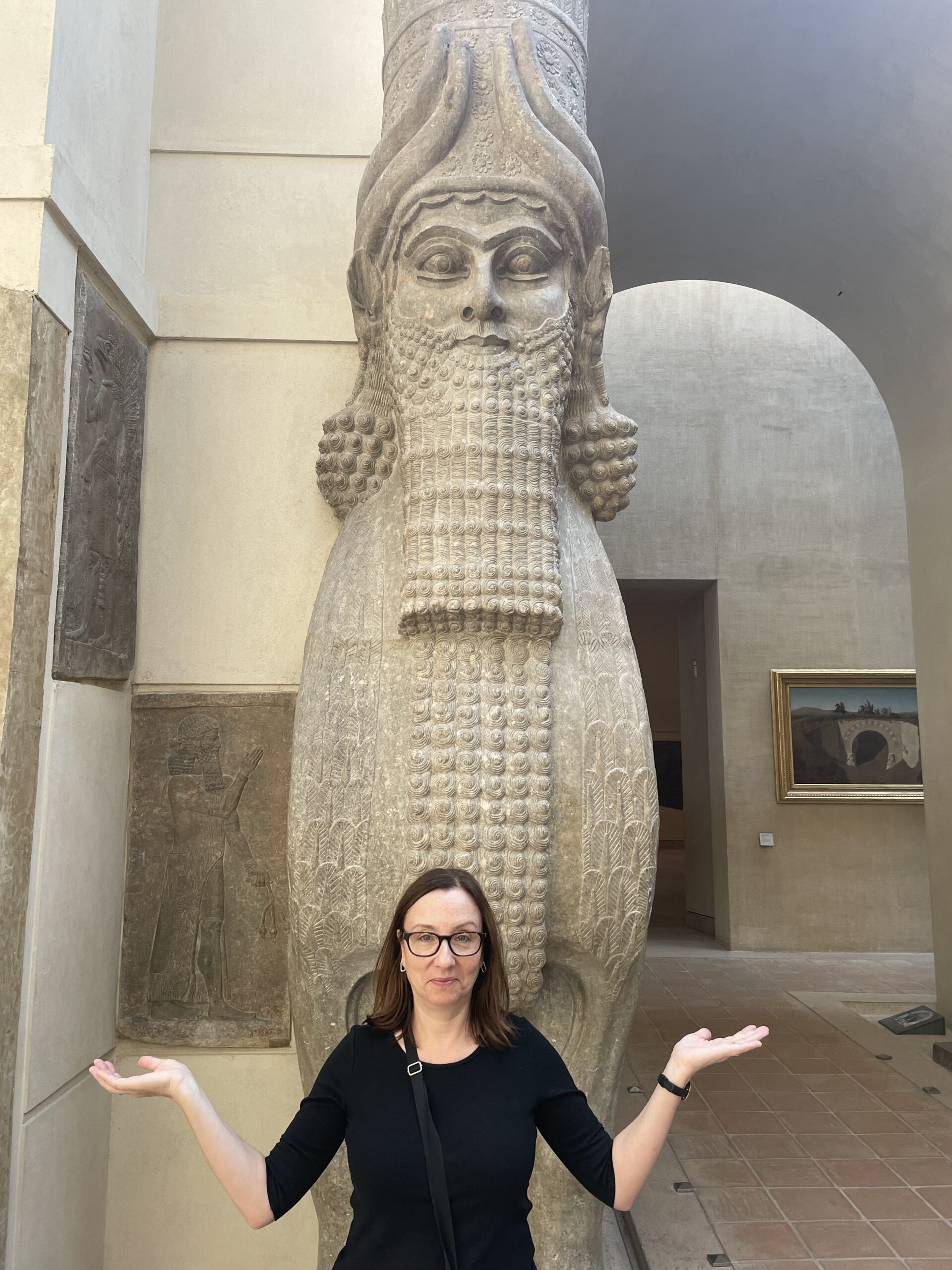I was drinking my morning coffee and reading my book when…
Midway through chapter 24, I felt it: the hand of plot. That sense that the author is driving to a point – squeezing in some information or some idea that doesn’t organically belong in the flow of the story.
I’m not sure whether it’s because I’ve read a lot of books or written a lot of words (many unpublished, another chunk for hire) that I have a weird “Spidey sense” about this phenomenon. Maybe lots of readers get that little wave of sorrow when a story that’s evolving effortlessly suddenly feels intentional. But, this morning, the hand of plot made me slide in a bookmark, close the covers, and think about my own work in progress. Because, in this moment of forced storytelling, I also felt a pang of recognition.
THE HAND OF PLOT: An Indicator That Your MC is Making Inauthentic Decisions
In my current manuscript, a BIG THING happens to my main character which drives a lot of her subsequent actions and decisions. I have written this BIG THING in a number of ways, from catastrophic event to bad decision, trying to get it exactly right. Because (and apologies for being vague about the BIG THING – if this book ever sells, I’ll link to this article so you can know the inside joke) HOW this event happens is critical to the WHY of every subsequent decision she makes.

I ultimately decided that, in this case, “bad decision” trumps “catastrophic event” because making a bad decision gives the character agency and culpability which makes her journey more interesting to write. But, really it was less this reasoning than the fact that when I let the story build from there, I did not feel that self-conscious hand of plot. The “bad decision” moment led me inside my character’s head where I was able to stop trying to MAKE HER do what I wanted her to do and felt like I could FOLLOW HER and trust the character to tell her story.
Once I figured that out (and it was not quick), the story began to move unselfconsciously. The word count began to build with far less write-and-delete situations. I wasn’t pushing so much. Most importantly, I stopped seeing that irritating hand of plot so often on the page.
Does that make any sense?
STRATEGIES FOR NOVEL WRITING: The Eternal Plotters vs. Pantsers Debate
When we discuss the craft of writing, external and internal motivations, plot and character, and their interrelationships are often discussed. As are the concepts of technically-focused, outline-driven “plotter” writers and seemingly less structured discover-as-you-go “pantser” writers. I’ve tried both approaches, and a lot of in-betweens. I’ve been struggling with this for a long time, as you’ll see in this 2021 post.

For me, the writing strategy doesn’t matter as much as making sure that you avoid feeling that “Hand of Plot” creeping onto the page, slowing your fingers on the keyboard, making your stomach hurt. It is being able to answer not one but two questions, “What would she do?” AND “Why would she do it?” as events unfold at each beat in your story. They must go hand-in-hand, the incidents and the emotional motivations.
For me, the writing strategy doesn’t matter as much as making sure that you avoid feeling that “Hand of Plot” creeping onto the page, slowing your fingers on the keyboard, making your stomach hurt. It is being able to answer not one but two questions, “What would she do?” AND “Why would she do it?” as events unfold at each beat in your story. They must go hand-in-hand, the incidents and the emotional motivations.
In terms of the morning read that started this musing, I should note that I’m still enjoying the book. I’ll definitely finish it in the next few days. But I’ll keep in the back of my mind that wonder: “Why did the author need to push this scene into the story?” “Will I discover the payout for the information revealed there?” “Was there another, more elegant way to deliver this information?” “Was an opportunity missed?”
Being honest with myself in watching out for the hand of plot — considering if that metaphorical hand is the problem when a story gets stuck – has been a helpful writing strategy for me. It can be a good exercise when critically reading or analyzing fiction works, too. I’d encourage you to give it a try and let me know what you think.
Happy Friday. Happy Writing. And, since this is my first post of 2023…



